While there are many books which study the process of transition from authoritarianism to democracy in the international political context, very few of them discuss how South Asia’s political experience fits in with the current discourse on third wave democracies. Moreover, the existing literature has so far taken poverty, instability, corruption and endemic violence in the region as evidence that democracy is either non-existent or, at best, of a very inferior variety. Professor Chadda–while not disagreeing with the need to build a prosperous, people-oriented, stable, and free democracy–instead emphasizes the importance of studying democratization in the framework of state consolidation, national integration, and the concepts of individual and group rights. In surveying these recent events, Maya Chadda’s purpose is to demonstrate that India, Pakistan, and Nepal represent a distinctive third way of combining democracy with market forces. As such, she stands between the competing claims of western liberal democracy and those who propound the unique nature of the Asian model. The author also argues that the current discourse on democratization fails to realistically assess the relationship between state and society and therefore has misunderstood the role of conflict and violence in South Asia. Providing an entirely fresh perspective on South Asia’s tumultuous and often bewildering path to democracy, this well written book will attract a wide readership among scholars and students of political science, international relations, peace studies, sociology, and South Asian politics. It will be of equal interest to journalists, policy makers and all those with an interest in contemporary South Asia.
The Iranian Nuclear Crisis: A Memoir
$44.10
$49.00

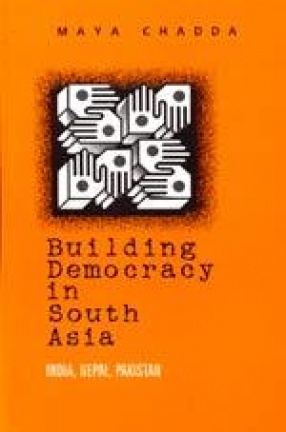
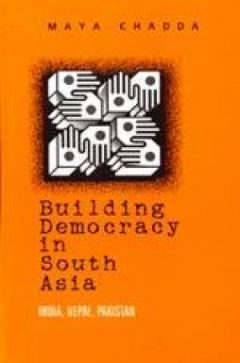
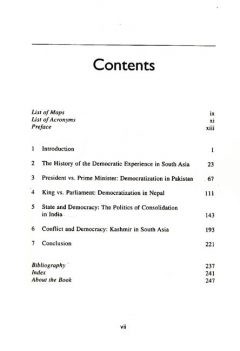
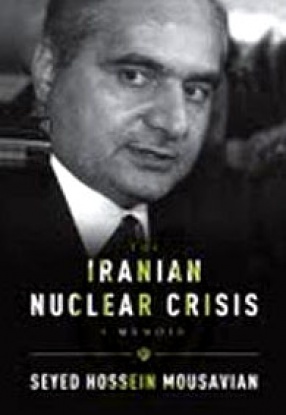
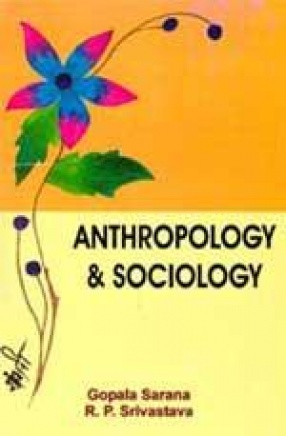
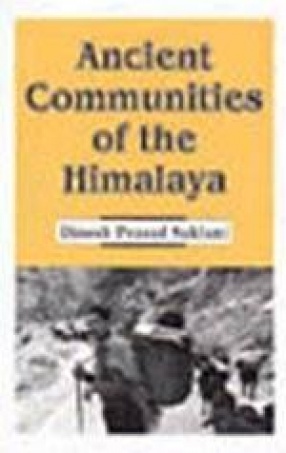
There are no reviews yet.